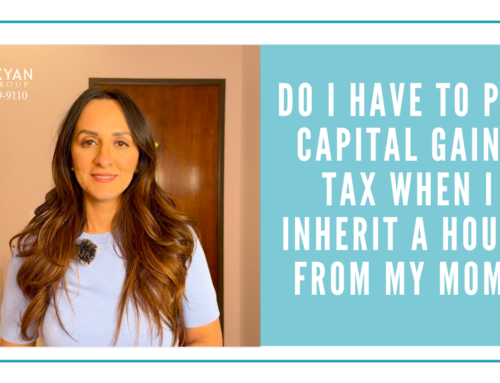When you inherit property from a parent, one of the first questions that may come to mind is whether you will owe taxes on it. The tax implications of an inheritance can be confusing, as there are different types of taxes to consider: inheritance tax, estate tax, and capital gains tax. Let’s break them down to clarify what you may or may not owe.
A common concern is whether an inheritance is considered taxable income. In general, receiving an inheritance—whether it is cash, a brokerage account, or real estate—is not considered earned income. Therefore, you do not have to report it as income on your tax return. However, if the inherited asset generates income (e.g., rental income from a property), that income will be taxable.
Inheritance Tax vs. Estate Tax
Many people mistakenly assume that an inheritance tax is the same as an estate tax. However, they are distinct:
- State Inheritance Tax: This is a tax that is imposed on beneficiaries who inherit assets. The amount owed depends on the beneficiary’s relationship to the deceased and the value of the inheritance.California does not have an inheritance tax, so if you inherit property in California, you will not owe this tax.
- Estate Tax: This is a tax imposed on the total value of a deceased person’s estate before distribution to heirs. The federal estate tax applies only if the estate exceeds a certain threshold (about $14 million in 2025). California does not have a state-level estate tax, so unless the estate is large enough to be subject to the federal tax, you will not have to worry about this.
Capital Gains Tax: When Selling an Inherited Property
While you do not pay income tax on an inheritance, you may be subject to capital gains tax if you sell inherited property. Here’s how it works:
- When you inherit a property, you receive what is known as a stepped-up basis. This means the property’s value is adjusted to its fair market value at the time of the original owner’s death.
- If you sell the property shortly after inheriting it, you likely won’t owe much in capital gains tax because the sale price will be close to the stepped-up basis.
- However, if you hold onto the property and it appreciates in value over time, you will owe capital gains tax on the difference between the stepped-up basis and the sale price.
Final Thoughts
Inheriting property does not typically trigger an immediate tax burden, but it’s important to understand the potential tax implications, particularly when selling the property. Since tax laws can be complex and vary by state, consulting an accountant or tax professional is always advisable to ensure compliance.
For more estate planning insights, visit Bazikyan Law Group’s Blog.







You must be logged in to post a comment.